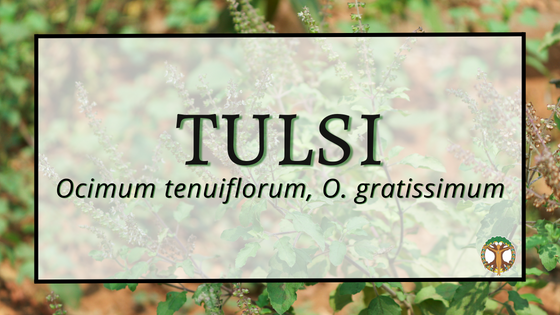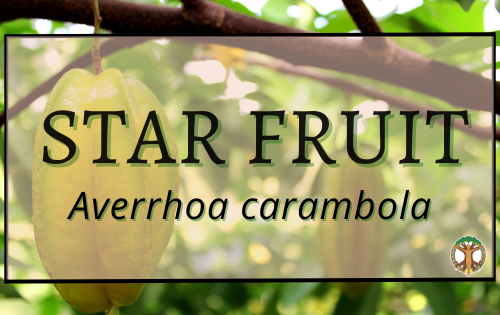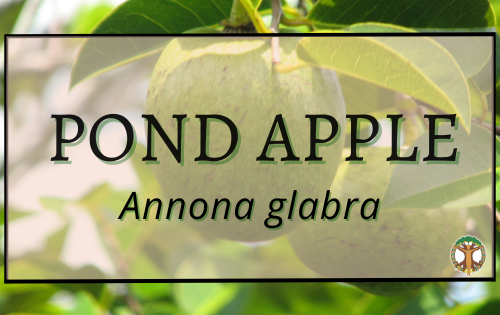
Tulsi
June: Tulsi, Holy Basil
Latin name: Ocimum gratissimum, O. tenuiflorum (previously O. sanctum), and O. africanum
Family: Lamiaceae
Common name: Tulsi, holy basil, sacred basil
Tropical tulsi: Vana (O. gratissimum), Krishna (O. tenuiflorum) Rama (O. tenuiflorum), African basil (O. gratissimum), clove basil (O. gratissimum)
Temperate tulsi: (O. africanum)
Usage: Within the Ocimum genus there are about 60 different species, all of which are relatives of the common culinary sweet basil (Ocimum basilicum). There are two species of holy basil within the Ocimum genus, O. sanctum and O. gratissimum. Medicinally the two species can be used relatively interchangeably. Here in Florida we see Ocimum gratissimum, or Vana Tulsi, thriving year round. It is the aerial parts of this plant that we utilize as medicine, particularly the flowering tops and leaves.
One of the most ancient and intricate medical systems, Ayurveda, holds tulsi as one of the most powerful and sacred plants. That’s over 3000 years of medicinal use and reverence of this special basil! With the myriad of applications tulsi offers us, it’s easy to see why this plant is held to such high esteem. Like culinary basils, holy basil is slightly warming and pungent, helping ease digestive discomforts such as nausea, gas and bloating. The leaves and flowers of tulsi are also reported to help soothe general pain, in part due to the presence of the constituent eugenol (also found in cloves). Tulsi is antimicrobial, used both topically and internally to treat infections of all kinds. Among its myriad of uses is tulsi’s role as a cardiovascular tonic, helping with circulation and regulating cholesterol levels. Perhaps tulsi’s most celebrated property, especially in Western culture, is its use as an adaptogen. Adaptogens are herbs that essentially help our bodies respond and adapt to stress and support us moving towards a goal of general wellbeing. Starting the day with a cup of tulsi tea is a great way to get going and to incorporate this delicious adaptogenic herb into our daily lives.
CONTRAINDICATIONS: **Please note that this herb can be blood-thinning and should not be taken with blood-thinning pharmaceuticals. Holy basil has also shown success in decreasing blood glucose, which should be noted for those taking insulin to control diabetes. Some sources site tulsi as contraindicated during pregnancy. Please consult your healthcare practitioner before utilizing tulsi if you have any of the above medical conditions.**
Growth/Habitat: Ocimum gratissimum is a perennial herb native to Eastern Africa & India, and has been cultivated and naturalized in Southeast Asia, Hawaii and parts of the Caribbean. This variety of holy basil grows particularly well in our subtropical climate in central Florida. True to the patterns of the mint family, tulsi has a square stem with opposite leaves and small flowers arranged along a raceme atop the plant. This variety of tulsi grows into a shrub, reaching 5 feet in height. The stems of O. gratissimum will become much more woody than those of O. tenuiflorum. The plant is slightly hairy, with light green foliage and white to green flowers. If flowering tops are harvested/cut back they will continue to produce flowers multiple times over the year. O. gratissimum prefers well drained to dry soil, with ample sunlight and thrives in Florida’s warm climate. This plant will produce a prolific amount of seed that requires light for germination. Tulsi may also be propagated by stem cuttings.
Recipes: Check out Rosalee De La Foret’s amazing recipe for Holy Basil Mint Juleps! Replace the bourbon with sparkling water for an alcohol-free mocktail.
- Make a syrup utilizing 2 tablespoons of fresh holy basil leaves or 1 tablespoon dried,
1 ½ teaspoons fresh grated ginger and ½ cup honey. Steep basil leaves and ginger in ½ cup of boiling water for 15 mins. Strain and add ½ cup of honey.
- Muddle 1 sprig of fresh mint, 1 ½ tablespoons holy basil ginger syrup, and 1 ½ tablespoons fresh lemon juice in a tall glass.
- Add ice to your glass and pour ¼ cup bourbon
- Garnish with sprig of mint or holy basil
- Enjoy!
Sources:
“Holy Basil.” Alchemy of Herbs: Transform Everyday Ingredients into Foods and Remedies That Heal, by de la Forêt Rosalee, Lifestyles, 2017, pp. 97–102.
https://strictlymedicinalseeds.com/product/tulsi-temperate-holy-basil-africanum-packet-of-50-seeds-organic/
Photo 1 Daderot [CC0]
Photo 2 Pradeepkannamkulath [CC BY-SA 4.0 (https://creativecommons.org/licenses/by-sa/4.0)]






